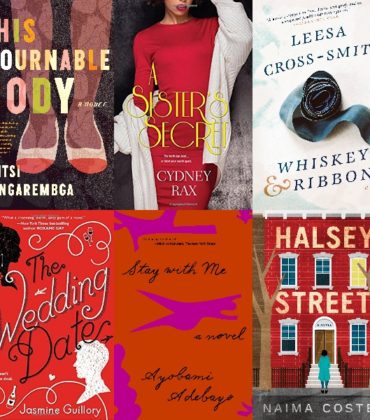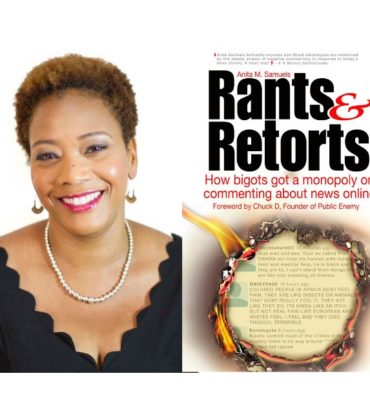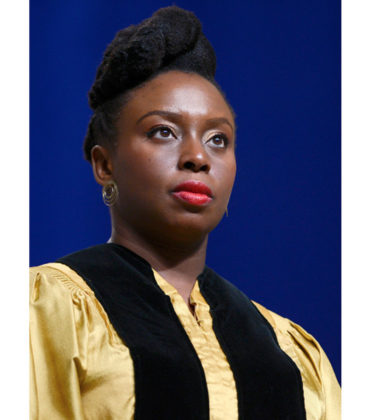
In a closing lecture at the PEN World Voices festival, Nigerian author Chimamanda Ngozi Adichi shared some thoughts about the impact of ethnocentrism, and paternalism on certain lived experiences and narratives. She pointed out the many misconceptions surrounding the abduction of nearly 300 young girls from their school, that took place in Chibok, Nigeria last year.
The Guardian reports,
Adichie identified social media as a contemporary “tool of silencing”. Regarding the Bring Back Our Girls campaign, which was focused around the abduction of 200 girls in Nigeria, the narrative had been forced to make out as if perpetrators Boko Haram were targeting girls, “so that we could say oh, it’s just like the Taliban,” said Adichie. But, she pointed out, Boko Haram is opposed to western style education for both girls and boys. “It is censorship to force a story to fit into something that already pre-exists,” she said.
Adichie points out the dominant narrative in the United States was that only girls were kidnapped, and that they were kidnapped so that they could not obtain an education. As many Nigerians have countered, boys were kidnapped as well, and Boko Haram is not a direct mirror to ISIS, but an organization that came to be as a result of the political climate in Nigeria, something which the average American knows little about.
The falsehood that only girls were kidnapped has been repeated a slew of celebrities, including Angelina Jolie who famously stated the misconception in an interview. Several celebrities joined the campaign, which rapidly spread all over social media with the hashtag #BringBackOurGirls, furthering the misinterpretation. Ramaa Mosley, a filmmaker from California, even tried to capitalize on the tragedy to promote her own documentary about education for girls all over the world. Mosley, who had backing from the news station CNN for her film, Girl Rising , which focused on the state of education for girls in countries like Afghanistan, came under fire when she tried to claim credit for starting the hashtag ##BringBackOurGirls in an interview with ABC News. #BringBackOurGirls was actually created by Nigerian lawyer Ibrahim M. Abdullahi who had first heard the phrase in a speech, delivered by Nigerian activist Obiageli Ezekwesili.
Essentially, social media quickly became a tool to drown out the voices of Nigerians who had firsthand knowledge of what was happening in their country.



